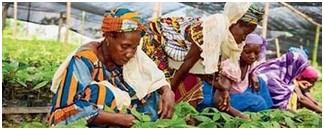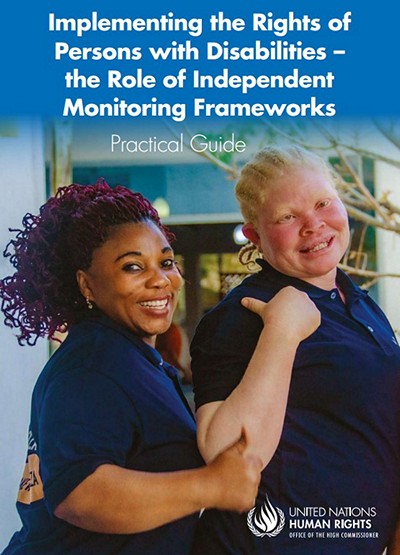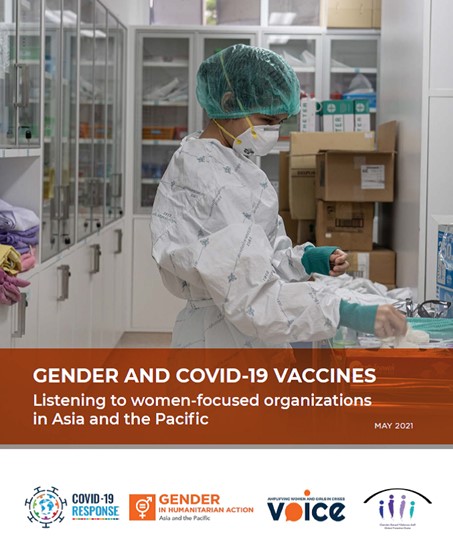Eliminate Legal Discrimination Against Women to Advance Food Security & Nutrition
Извор: WUNRN – 24.03.2020

This blog post is co-authored by Dr. Ilaria Bottigliero, Director, Policy, Research and Learning, International Development Law Organization (IDLO) and Françoise Trine, Senior Food Security Officer, Secretariat of the Committee on World Food Security (CFS).
March 5, 2020 – In societies where there is a high degree of gender inequality, there is also a significantly higher proportion of undernourishment among women and girls.
In order to effectively tackle food insecurity, it is necessary to address gender inequality more broadly, particularly the discriminatory policies, laws and social norms that prevent women and girls from participating in society on an equal basis.
The 2030 Agenda for Sustainable Development and a growing number of other international policy and legal instruments emphasize the mutually reinforcing relationship between gender equality and the realization of women’s rights to food, land, social security and work.
Barriers to women’s equal rights to food security
The translation of international and national policies and legal guarantees into effective action to ensure women’s equal rights is, however, subject to a significant number of challenges.
Many of these difficulties are connected to institutional and structural shortcomings, including an absence of gender-responsive laws and policies and the lack of a holistic and participatory approach to issues of gender equality and food security, which result in ineffective, inconsistent and uncoordinated policies and legislation across different sectors.
Legal and policy frameworks on gender equality and food security may be inadequate in a number of respects: laws and policies may directly or indirectly discriminate against women; they may be defined and implemented without meaningful participation by diverse groups of women; and key elements of the right to food and other interdependent human rights, such as freedom of association and the right to work, may not be explicitly protected within national constitutions and implementing legislation or specified as policy priorities.
In many countries, a lack of attention to the discriminatory impact of policies and formal and informal laws on women’s equal rights to food and nutrition, work, social protection, land and other productive resources, results in a failure to ensure that their human rights are respected, protected and fulfilled in practice.
In addition to substantive and procedural gaps and bias, other barriers to implementation also affect women’s equal rights to food security. These include an absence of technical and financial resources for the development and monitoring of policies and laws, and the failure to consider the gender dimensions of existing laws and policies relating to agriculture, trade, land and the family.
Solutions
A focused IDLO research report examined the key challenges that affect women’s food security and land rights from a rule of law perspective – inadequate laws and policies, implementation failures and barriers to accessing justice.
Specific rule of law interventions within each of the different dimensions of food security can make a decisive contribution to the effective implementation of gender-sensitive policies and law, while empowering women to become equal partners in decision-making.
Secure land rights for women are a key part of the equation in realizing the right to adequate food and achieving food security, as well as gender equality. In Tanzania, for example, women earned nearly four times more in areas where they have control over land. While women represent about 43 per cent of all those working in agriculture, they account for only one eighth of total land ownership in developing countries. For land rights to be effective and transformative for women, they must be supported by a coordinated and coherent legal and policy framework.
Later this year, the Committee on World Food Security (CFS) will begin developing voluntary guidelines to provide policy guidance to countries and other actors on promoting gender equality and women’s empowerment in the context of food security and nutrition, building on earlier policy recommendations. By paying particular attention to the elimination of discriminatory laws, these voluntary guidelines can contribute to global efforts to eradicate hunger and malnutrition and enhance justice for women across the globe.
The rule of law provides predictability, clarity and legality, including due process guarantees, which can help make land rights and other aspects of food security for women more sustainable. Rights to own and use land are often a source of conflict, and rule of law programming can contribute to the peaceful resolution of disputes, leading to greater political and socio-economic stability.
Rule of law interventions can make a decisive contribution to the effective implementation of gender-sensitive policies and laws on food security and land rights, while empowering women to become equal partners in decision making within the household, in the community and in economic, social and political institutions.
IDLO – International Development Law Organization



